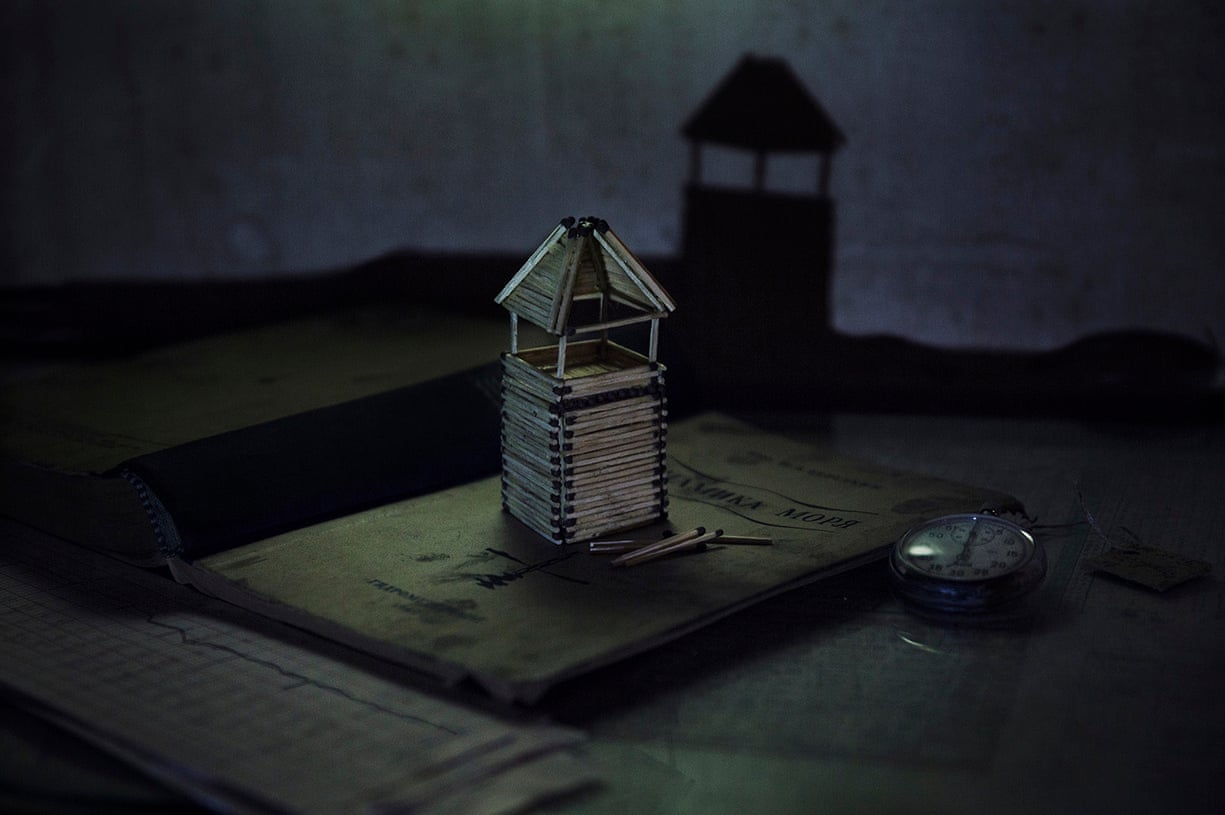Yesterday's post
Things People Say provoked a bit of discussion in the comments and particularly over on Facebook that I thought we should hash out a bit more. Since I've been feeling as sere and uninspired of late as the California landscape, I thank you for helping to kick me in the fanny and feel a bit of pep in my step.
I am writing a book right now and have been for the last decade or more about the last eighteen years of my life. The book is, of course, about Sophie, about disability, about identity, about what it means to be human, about how we do it, how I do it and about how all these things sort of intersect. I can't attest to the quality of the book-in-progress, but one of the things I do as a writer, one of the things that I find necessary to my survival (a bit of hyperbole, but maybe not) is to write down my observations, even as they happen and to wrest some sort of meaning from my experiences through words. Words equal blood, to tell you the truth. Drip. I strive to be non-judgmental in the telling, sometimes, using words to convey emotion. Sometimes I succeeed, I think, and other times I don't. I'm not sure what happened with the post yesterday, but I do know that it struck a chord and that some people were offended
for the woman I called out and others were offended
by the woman I called out.
Here's the thing.
Things People Say is a "thing" I use throughout my book to convey everyday experiences raising a child with severe disabilities. I try not to write about my own responses to these things but rather to tell them like they are and leave the interpretation up to the reader. That being said, I don't always do a good job, and yesterday's post was probably a good example of my being half-assed and not just coming right out and explaining things.
Beyond my hatred of the use of the word "retarded," I was struck yesterday by the irony of a physically disabled woman putting down a cognitively disabled woman. Sophie, as you remember
was standing right with me. Let me say that this is not unusual. The disabled as a population
are not some sort of tribe, always recognizing their kin or even backing one another up. Did you know that there are great rifts, even, between those who are disabled themselves and those who parent the disabled? I'd venture to say -- with a pretty certain authority -- that the cognitively disabled are at the bottom of the caste system, if we can stand to be non-politically correct, and while I don't want to assign rankings to discriminated peoples (all the isms), I feel pretty strongly that with few exceptions, to be "retarded" or cognitively disabled is a fate worse than death for many in our culture. And contrary to the increased visibility that others on the fringe of society are earning (not without enormous and grotesque struggle), the cognitively disabled are lagging behind. I'd venture to say that they have no voice -- quite literally -- other than mine. Ours.
I wince when I hear those in wheelchairs object to people condescending to them, not because they are in a wheelchair but because they are taken to be "retarded." The retarded are, in effect, even
less than the physically disabled, relegated to an inferior position.
We live in a culture that looks on disability -- both physical and cognitive -- as something "less than." Those of us who walk are "grateful" to not be in a wheelchair. The formerly abled who through accident become disabled often go through great trauma, feel suicidal, would rather die than lose their "abilities." Pregnant women use invasive medical procedures to determine whether their unborn children are "healthy," and when they discover any abnormality, may decide to abort on the basis of "the difficult life ahead for the child."
This is the way it is. I am passing no judgement, am a firm believer in a woman's right to choose abortion, no matter the reason.
I wonder, though, if disability is more a social construct than otherwise.
We live in a culture that defines people -- their worth and sometimes their very existence -- by their intelligence.
I'm not talking about being
inspired by those with disabilities or by those of us who care for individuals with disabilities.
I could never do what you do. I don't know how you do it.
I'm talking about truly living in concert, without pity or judgement, with those who are different than us -- beyond color, gender or sexuality
and "ability."
There is a lack of synchronicity between our society and people with disabilities. A society that honours only the powerful, the clever, and the winners necessarily belittles the weak. It is as if to say: to be human is to be powerful.
Those who see the heart only as a place of weakness will be fearful of their own hearts. For them, the heart is a place of pain and anguish, of chaos and of transitory emotions. So they reject those who live essentially by their hearts, who cannot develop the same intellectual and rational capacities as others.
Jean Vanier, Becoming Human



























